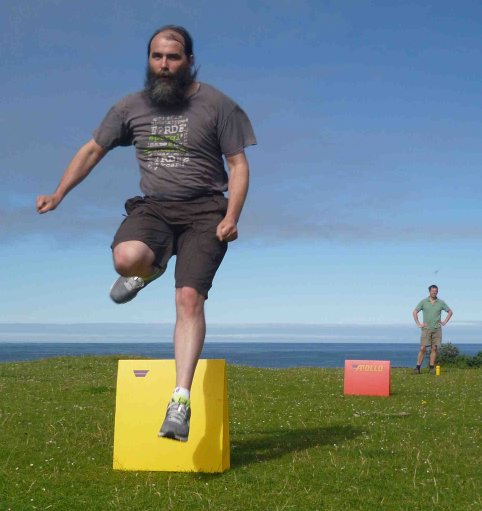Some of the ‘super rich’ in the US are beginning to ask publicly why it is they pay so little tax. For those of us less rich, but still with above average salaries, perhaps we should be asking the same. In the UK the effective rate of tax is 32% for those on average pay and 40% for those on high pay, hardly a progressive system. Yes government, please tax the super rich more, but tax me properly too.
I have just have read Stephen King fantastic article “Tax Me, for F@%&’s Sake!” where he joins Warren Buffett in questioning why he, as part of the super rich, does not pay more tax. He does give to charity, but argues that that this is not the same as paying tax, which is crucially abut citizenary. This all falls out from statistics that show the richest in the US end up paying a far smaller percentage of their income than the average citizen. Effectively King argues that the issue here is not about entitlement or rights, but responsibility.
King is talking about the super rich in the US and similar statistics in the UK show the richest 10% paying only marginally more taxes than the poorest 10%, and certainly less than the average tax payer.
However, the same arguments also apply to those who are not super rich, but on the better end of the income scale — including me.
In recent years I have cut my income substantially by choosing to work part-time in order to (try to!) do more personal research, still some of my income falls into ‘higher rate’ tax — so by that measure I am well off.
You might think that being in the higher tax threshold means you pay a lot more tax; after all the basic rate tax in the UK is 20% and the higher rate is 40%. You might think that, but think again! Even without tax avoidance measures used by the very rich or the fact that the poor tend to end up paying more indirect taxes such as VAT (purchase tax) and duty (on alcohol and fuel), still my marginal rate is only slightly higher than that of basic income. I pay an effective marginal rate of 40%, but those on lower income in reality pay 32%, not the 20% that it says ‘on the tin’.
The reason for this is National Insurance. For those not on the UK, this is an additional tax, started in 1911 and expanded in the 1940s to pay for health, pension and other welfare provision — just as you might take out a private health insurance, or pension, national insurance was intended to be a sort of pooled insurance arranged by government. However unlike private insurance, it has always been redistributive — the rich pay more, but do not get proportionally higher benefits.
In the UK since the Thatcher years, but continued by subsequent Labour governments, there has been a gradual shift from ‘in your face’ income tax, to less visible taxes, notably National Insurance and VAT. In 1978 National Insurance was at 6.75% (on income over a lower threshold) and the standard rate of VAT, paid on most basic goods and services you bought in shops, was 8%. Currently the equivalent figures are 12% for National Insurance and 20% for VAT. That is the combined effect of these less visible taxes has more than doubled from 14.75% in 1978 to 32% today. Because these are flat rate taxes, they hit the poor as much as the rich.
However, it is worse than this first appears. National Insurance has a maximum cut off point. Above a certain point, you pay no more National Insurance … and crucially this point cuts in just before higher rate tax starts. This means that in one’s pay cheque if you are earning an average wage you pay 32% of every additional pound in tax, whereas if your income is higher, over £40,000 or so, you pay 40%.
I’ll say this again, as it always seems unbelievable — in the UK, without any additional measures to reduce tax liability, the real difference between basic rate and higher tax is just 8%.
If then the person earning £15,000 buys a basketful of ordinary VAT goods, out of the 68p they have left they pay over 13p VAT, whereas the person with £50,000 income out the 60p in the pound they have left pay an additional 12p. Adding the effect of VAT that makes the effective total rates of tax on an ordinary shopping basket at 45.6% for basic rate tax payers vs 52% for those on higher income. In fact, even this is a little of a simplification, as some goods are zero rated (principally food) and some have additional duties (principally alcohol and fuel), but in fact this tends to make things worse as typically richer households have spending patterns that have a lower proportion of VAT and duty.
Like the US, the UK system is not progressive; so with Stephen King I say, “I want to pay more tax”.
In particular, take the lid of National Insurance, make me pay full National insurance on all my income. At a conservative estimate this would be equivalent to the revenue of 5% VAT — if we all paid full NI, then either spending cuts could be less draconian, or the VAT rate could be cut by 5%, either of which would have a dramatic effect on those at the bottom of society for whom the pressing problem is not getting the best offshore tax break, but finding the next meal.



